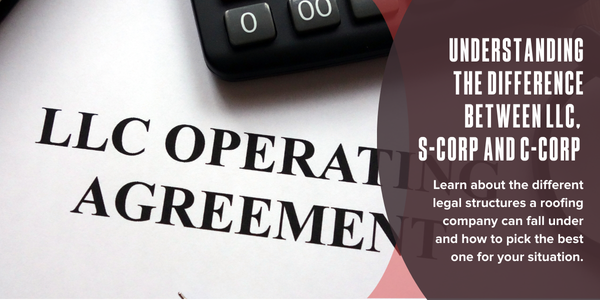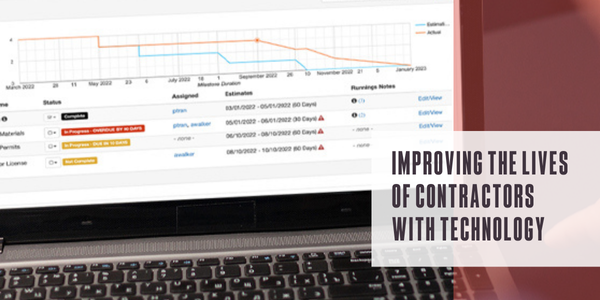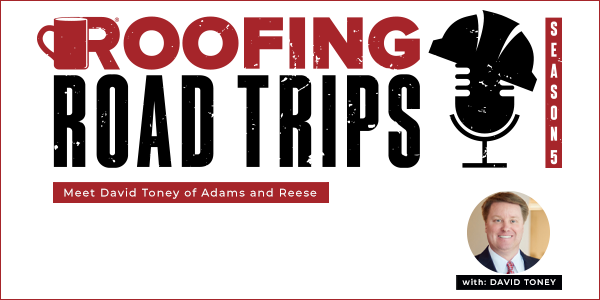Understanding the difference between LLC, S-Corp and C-Corp
May 17, 2025 at 9:00 a.m.By Emma Peterson.
Learn about the different legal structures a roofing company can fall under and how to pick the best one for your situation.
When you think of the roofing industry, we often think of the crew on the roof. But there’s another half of the industry that, while less physically taxing, is still full of hard work. In this Read Listen Watch® (RLW), Karen Edwards and Ashlee B. Poplin sit down to talk about this other side, the business side, of roofing. Ashlee is a partner at the Adams and Reese law firm with extensive experience in civil litigation and construction law, making her the perfect person to consult about the legal aspects of starting and running a roofing business.
The first thing that the duo discussed was the different legal structures you can establish your business under. Most people are familiar with the classification of LLC, or limited liability company. Ashlee explained a bit of what this type of classification means, saying, “A limited liability company means it protects you from having your personal assets exposed in the event of any sort of litigation or liability. In order to be protected under an LLC, there are certain things that you're going to have to do.” These include having an operating agreement that outlines how you will function and meeting minutes documenting things like basic business formalities, profits, losses and changes to business plans.
While an LLC is what most people choose for their roofing business, it’s not the only legal structure that can be used. There are also what are called S-Corps and C-Corps. Ashlee shared a bit about what these are, saying, “These are tax designations from the different sections of the tax code. This is something you're going to want to discuss with your CPA about how you handle these S-Corp. The taxation flows through and is reported on your individual taxes.” In general, Ashlee explained that C-Corp is usually used by larger companies looking to go public and S-Corp is better for smaller companies.
The interesting thing is that S-Corps and C-Corps are tax designations where LLC is a legal entity. This means that they can overlap. Ashlee elaborated, “So those are not in and of themselves separate entities like an LLC or a partnership or something like that. They're the type of taxation that you will experience because you have to pay business taxes, and it's just how are those business taxes going to be reported? And that's what that's about.” So, while every case is unique, the most typical path you see in the roofing industry is companies founded as LLC S-Corps and then transitioning to LLC C-Corps as they scale up.
Read the transcript, Listen to the episode or Watch the full webinar for more legal advice on starting and running a roofing company.
Learn more about Adams & Reese LLP in their Coffee Shop Directory or visit www.adamsandreese.com.
The information contained in this article is for general educational information only. This information does not constitute legal advice, is not intended to constitute legal advice, nor should it be relied upon as legal advice for your specific factual pattern or situation.

About Emma
Emma Peterson is a writer at The Coffee Shops and AskARoofer™. Raised in the dreary and fantastical Pacific Northwest, she graduated in 2024 from Pacific University in Oregon with a degree in creative writing and minors in graphic design and Chinese language. Between overthinking everything a little bit, including this bio, she enjoys watching movies with friends, attending concerts and trying to cook new recipes.






















Comments
Leave a Reply
Have an account? Login to leave a comment!
Sign In